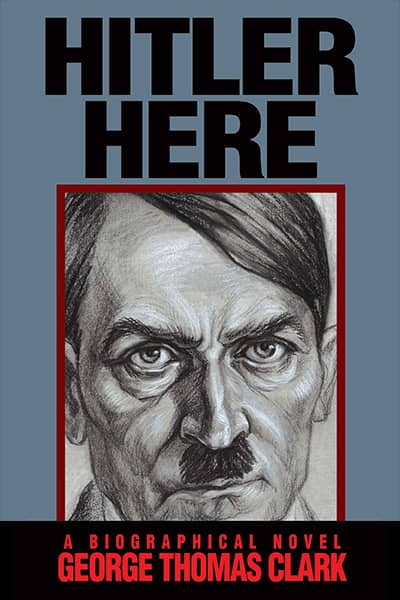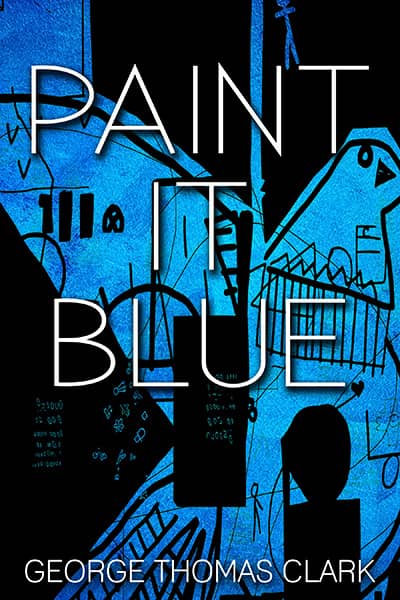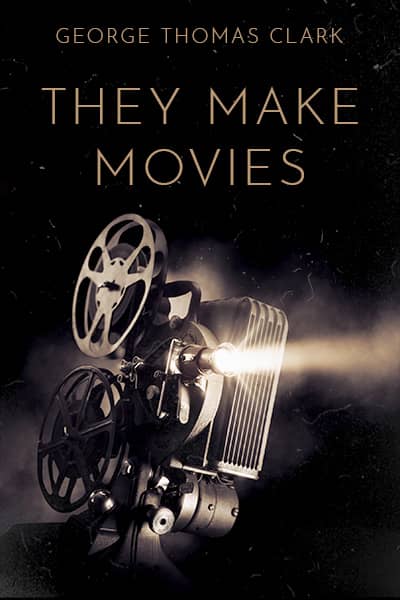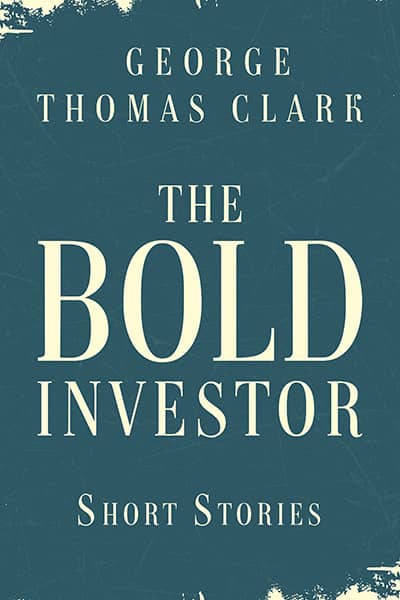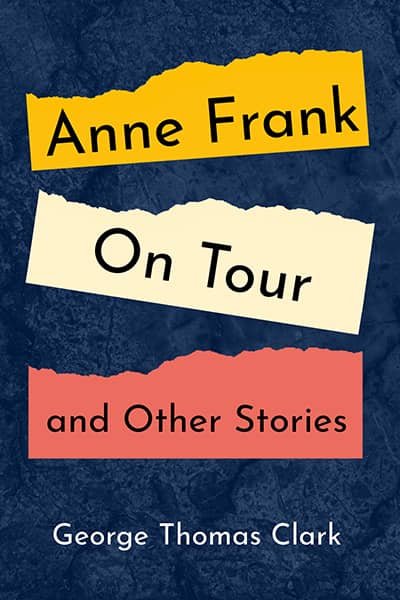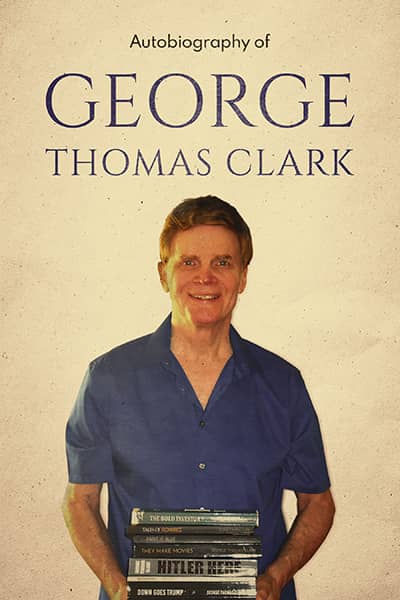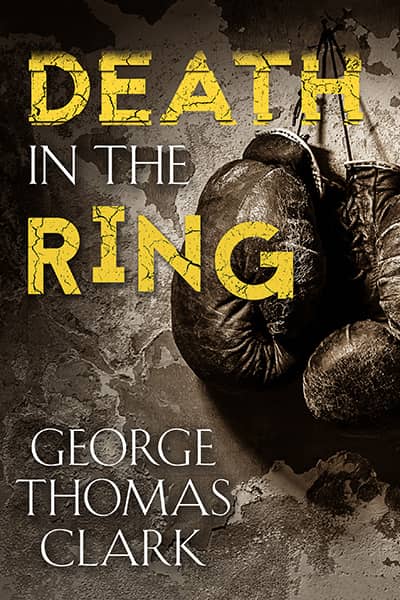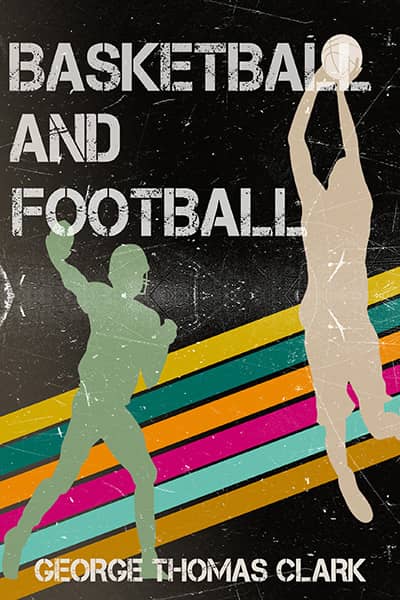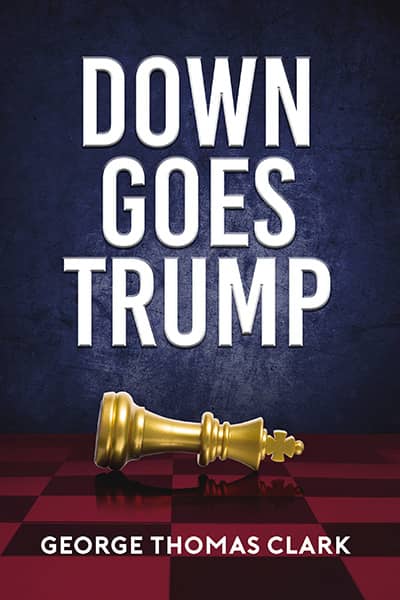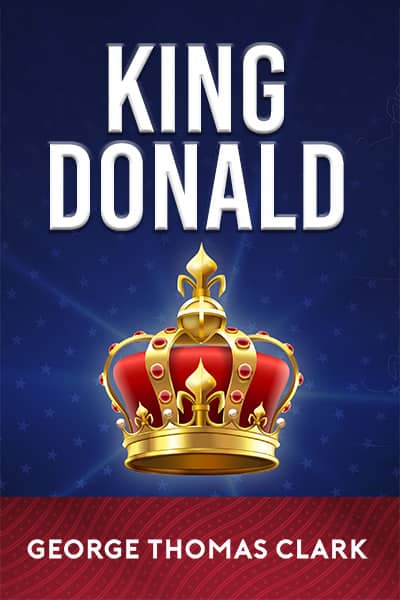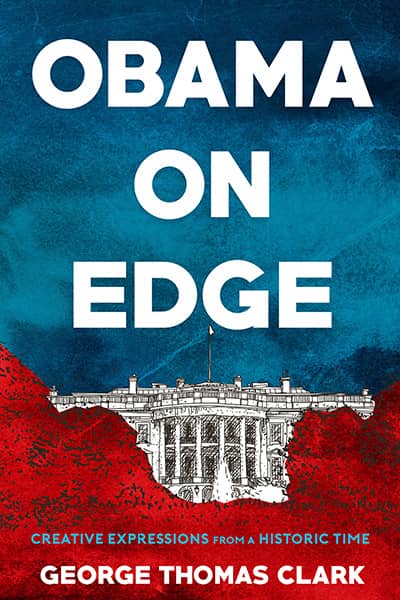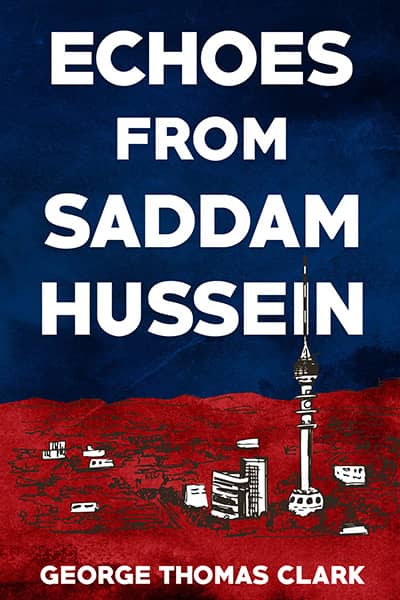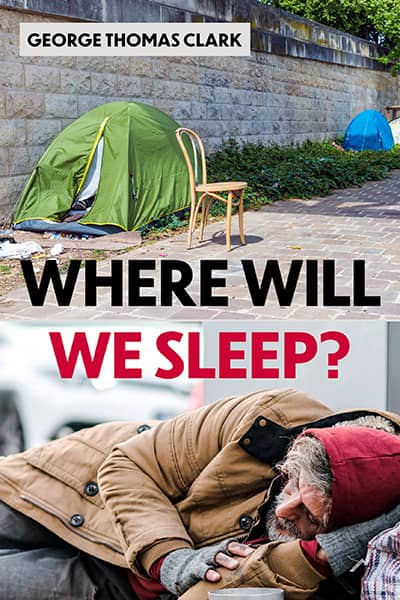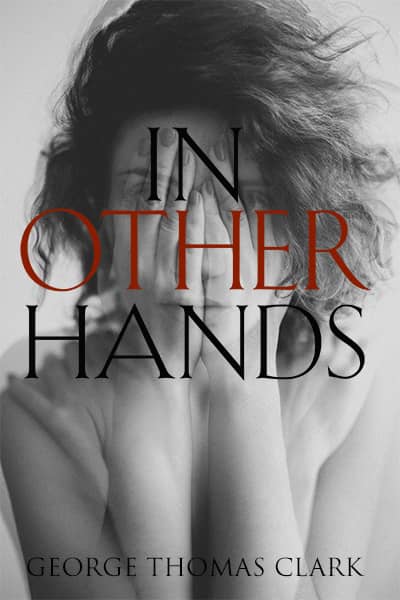Fidel Castro v. Che Guevara
October 9, 2015
I didn’t force Che Guevara to leave Cuba. That’s yanqui propaganda designed to impugn my loyalty and judgment and decency. I’ve loved Che since meeting him in Mexico City before the Revolución and admired him more than anyone because more than anyone I’d benefitted from his extraordinary talents. He accompanied Raul and me and eighty-two patriots on the creaky ship Granma that returned us to Cuba where government forces killed and seized sixty-five, and only seventeen of us escaped into the tropical Sierra Maestra mountains. During our heroic battle against the forces of imperialist cretin Fulgencio Batista, I bestowed great authority on Che, the physician-warrior. While we lauched guerilla operations from deep in our mountain redoubt, I permitted him to establish medical clinics. I encouraged him to start Rebel Radio and a newspaper to share our message. I let him administrate schools where we taught illiterate campesinos to read. I guided his building of small factories for grenades and the repair of weapons. I directed him to train new recruits to fight. I allowed him to shoot deserters and spies and laggards who wanted to quit. I ordered him to lead our troops in the decisive Battle of Santa Clara where Che derailed an armored enemy train and cut the nation in half.
I congratulated him for being first to arrive in Havana – on January second, 1959 – since I was securing other cities and couldn’t make it until six days later. I named him commander of La Cabaña Fortress where Batista’s cutthroats – the cretin himself had escaped to the Dominican Republic – were given fair trials prior to being imprisoned or executed. I rarely complained, and only privately, that Che appeared to enjoy shooting people in the head. He was, let me emphasize, killing enemies who’d murdered twenty, thirty, forty thousand Cubans during the reign of Fulgencio Batista. I never stated that Che’s estimate of a few hundred executions La Cabaña Fortress seemed quite low. However many died there died in the strong hands of Che.
About a week before Che’s duty ended at the fortress, he got married. Raul attended the ceremony. Many people did. They were invited. I wasn’t. I went anyway.
Embracing the bearded warrior, I said, “I’m very happy for you.”
“Gracias.”
“I hope this one works out better than your first.”
“I’m confident it’ll be longer and more harmonious than any union you’ll ever have.”
“Perhaps you can be equally clever in explaining why I wasn’t told.”
“You’re the first person I thought of, but events moved so rapidly we were unable to locate you. You do pride yourself on being hard to find.”
“Please step into the other room,” I said.
I led him into a bedroom and closed the door.
“People are laughing you snubbed me.”
“I’ve explained otherwise.”
Holding my right elbow in my left hand I extended the right onto my beard and stroked it, staring at the floor awhile before I looked at Che and said, “I’ve decided we need you to travel around the world for three months. Talk to leaders in Morocco, and the Sudan, and Egypt, and Pakistan, and India, and Thailand, even Japan, and others as well.”
“I must administer the Agrarian Land Reform Law, as we agreed, and ensure the wealthy relinquish what belongs to the people.”
“That you’ll certainly do, upon your return.”
I accelerated what I’d already planned would be a rapid consolidation of my power, seized land from baronial thieves, and was quite confident when Che Guevara returned.
“Congratulations, I’ve placed you in charge of the National Institute of Agrarian Reform.”
He smiled and shook my hand. Could I trust this man? He began grabbing land even faster than I had. I didn’t disagree with his moves. If I had, he couldn’t have made them. We liberated a half millions acres of land owned by yanquis. They whined, and Eisenhower reduced U.S. sugar imports. Che denounced our imperialist enemies. So did I. But yanqui journalists praised Che for brilliance and wit. Perhaps I got as much praise as Che, but I deserved more, especially after I conceived the Cuban Literacy Campaign and put Che in charge. Literacy rapidly climbed from sixty to ninety-six percent. The masses applauded both of us.
“Your achievements have been extraordinary,” I told him. “In time, I think your programs as Minister of Industries will also be quite successful, so I’m making you our Finance Minister and President of the National Bank.”
Cubans thought it was wonderful the humble warrior began signing our currencies simply as Che. That was a dramatic flourish. Only Che could compete with me as a showman. I should have put him in charge of our national theater or tourism. I erred in giving him so much economic authority. I hadn’t realized he was such a doctrinaire Marxist because he was daily becoming more so. He wanted all our working efforts founded on moral incentives. Cubans couldn’t eat morality, and production plummeted while absenteeism soared. I can’t blame all that on Che since I failed to fire him. I’m too trusting. And I can’t indict him for our humiliation during the Cuban Missile Crisis. I more than anyone wanted tactical nuclear weapons to deter the yanquis from attempting another Kennedy-inspired invasion, the next no doubt far larger than their Bay of Pigs fiasco. Regardless of what I said about Khrushchev and the Soviet Union, I didn’t want some minister, like Che, publicly bellowing, “If the missiles had been under our control, we would have fired them.”
Che often said he wasn’t a “desk man.” He was a revolutionary who needed to fight, and I assured him I still wanted to export our socialist miracle. I didn’t kick him out. He didn’t want to stay and was thrilled in late 1964 I sent him on a three-month diplomatic tour as my “roving goodwill ambassador in Africa” and elsewhere. Che visited leaders in Mali, and the Congo, and Guinea-Bissau, and Ghana, and Algeria, and North Korea, and in February 1965 returned to Algeria and repeatedly, albeit obliquely, accused the Soviet Union – our primary benefactor – of conspiring with the capitalists to exploit the desperate people of the Southern Hemisphere.
Diplomatic cables fired in from the Soviet Union. Russian diplomats stopped by to rebuke me and warn that my country might in the future receive less help. They wanted to know, “Who’s in control of Cuban foreign policy, you or Che Guevara?”
They knew the answer. They really did know, didn’t they? I was humiliated they’d even ask.
A couple of weeks later I greeted Che at the Havana airport. His wife was also there. I let them talk a few minutes. Okay, let’s go, I motioned to Che. We were driven to a quiet room where I shut the door.
“I’m in charge,” I said.
“Not as well as you should be.”
“No one’s as skilled or qualified as I.”
“I think Cubans are waiting to shout, ‘Che.’”
“You want to stand in front of the wall at La Cabaña Fortress?”
“The people would destroy you.”
With restraint he didn’t deserve, I slapped his face.
Che attempted to throw a right I preempted, pushing that shoulder with my left palm, and dipped to brace and nail his ribs with a right hook. I felt air and life leave his body as he sank onto both knees.
Unable to talk, he motioned wait, meaning a minute or two.
“You seem rather enthused, or at least not entirely distraught, about prospects in the Congo,” I said.
“I’d rather spread the Revolución in South America.”
“We’ve agreed conditions still aren’t favorable there.”
“Unfortunately.”
“The people of the Congo will rise behind your leadership, and after victory there you can take your best officers to the most promising country in South America. You have my military and financial backing now as you will in the future.”
“How many troops will you provide?”
“Not many, at this time, but they’re very well trained and exceptionally motivated.”
Che didn’t have much success in the Congo. He couldn’t rouse the people after all, and they almost killed him. Thank goodness he got out. He sent messages asking to return to Cuba. Really, coming back a loser would have ruined his reputation, and I wouldn’t have looked good, either. I doubted he wanted another desk job and that anyway would’ve been quite impossible.
“Tell him I’ll arrange for him to come back to Cuba, briefly, in absolute secrecy, so we can discuss his next campaign.”
We got him in undetected and agreed Bolivia needed him. The indigenous people there had always been trampled. Che could motivate and organize them.
“I’m confident you’ll win in Bolivia,” I told him, grasping his shoulders. “I think our greatest problem is getting you into the country unrecognized.”
“I’ve already figured that out. My treatment starts tomorrow. One at a time all the hairs on my head, accept around the sides, will be plucked, and the hair on the sides will be dyed gray as will my moustache. My beard will be shaved.”
You wouldn’t have known the dashing Che, who got into Bolivia quite easily but he again failed to arouse the campesinos. After several months fighting, he was starving and filthy when national soldiers, guided by the CIA, wounded and captured him. The following day they killed Che. Many stunning photographs revealed his luxuriant dark wavy hair and masculine beard had grown out and he looked quite nice, he in fact looked very much alive and relaxed, as he lay on his back, head propped up, pretty brown eyes staring into eternity.
A week later in Havana I eulogized Che before a million aggrieved Cubans in Plaza de La Revolución. I praised his intelligence and decency and bravery and much more but stated, “If as a guerrilla he had an Achilles heel, that Achilles heel was his excessive aggressiveness, his absolute contempt for danger.”
